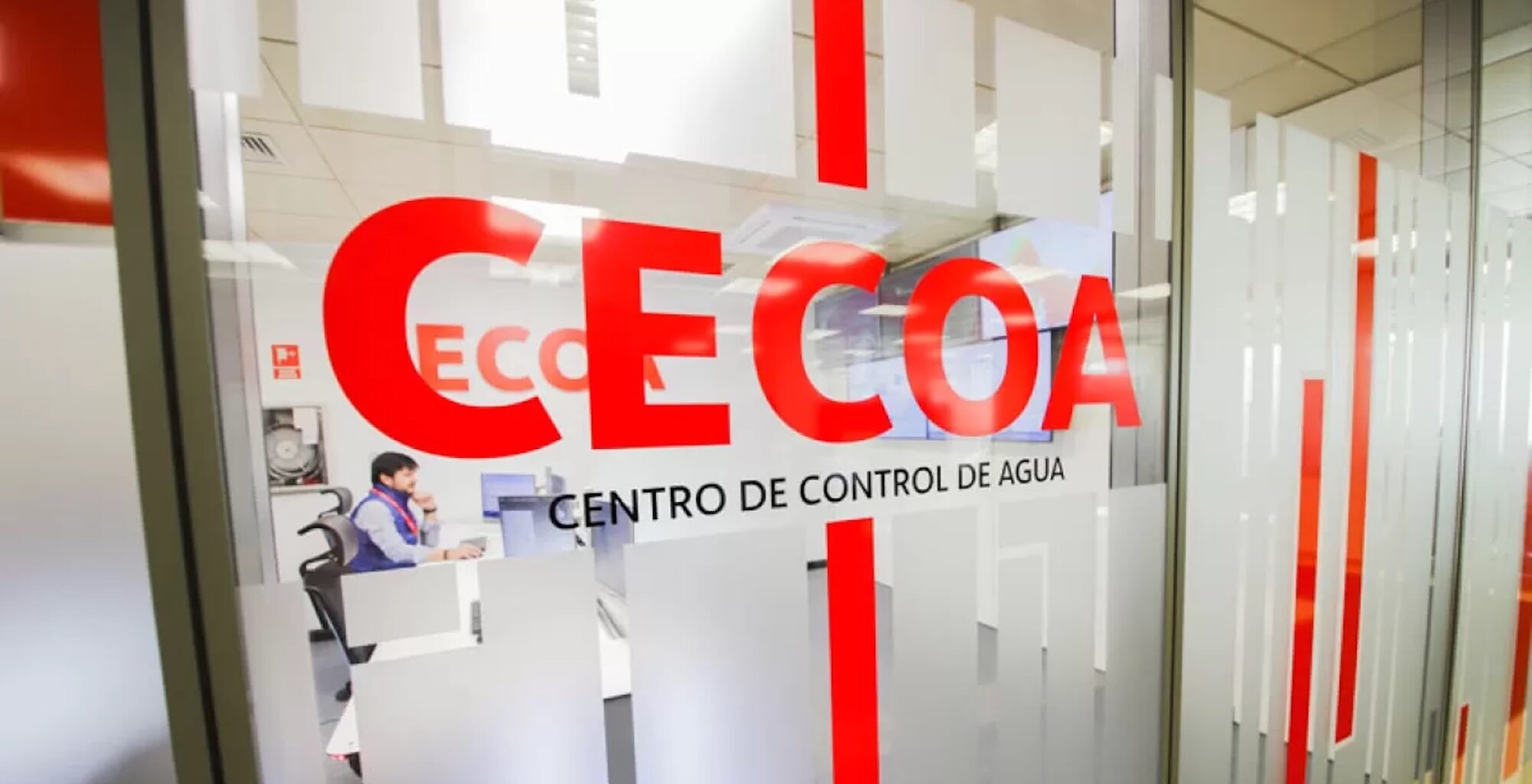-
ACCIONA and innovation
ACCIONA and innovationWE MAKE PROJECTS A REALITY THAT HELP THE PROGRESS OF SOCIETY AND RESPECT FOR THE ENVIRONMENT
-
Challenges
ChallengesDO YOU HAVE AN IDEA OR PROJECT?
- LAUNCH YOUR PROPOSAL

ACCIONA has implemented an advanced turbidity-prediction system for its desalination plants that uses two models based on different technologies. Developed in-house by ACCIONA Infrastructure, these models predict the quality of the seawater entering the plant both in the short term (hours) and the longer term (days).
Eleven months of successful operation in Qatar
This prediction system is already in place at Qatar’s Ras Abu Fontas 3 (RAF 3) reverse-osmosis desalination plant, where the first model version has been operating successfully for eleven months. Plant staff can access a monitoring interface that provides real-time turbidity forecasts, enabling operators to anticipate potential quality changes and adjust the process accordingly.
Anticipating critical episodes
The system is vital to desalination operations because it can forecast episodes in which turbidity is expected to exceed the threshold that could hinder plant performance or even warrant a temporary shutdown. Thanks to these forecasts, plant teams can prepare in advance, preventing damage to sensitive components and optimizing plant availability.
The system also contributes to more effective management of water distribution networks and improves plant resilience to climatic events and other variations in water quality.
Historical data, satellites and artificial intelligence
The ability to forecast seawater characteristics is underpinned by years of systematic data collection at desalination plants, giving ACCIONA unique insight into how this phenomenon behaves at a local scale. By combining these data with satellite information and AI algorithms, ACCIONA has, for the first time in the sector, achieved effective turbidity prediction and leveraged it in day-to-day plant operations.
Environmental and economic benefits
This advance not only optimizes plant performance, it also helps extend asset life and use water and energy more efficiently—ensuring a reliable supply of clean, accessible water. It improves the return on investment and promotes the development of resilient infrastructure capable of adapting to the challenges posed by climate change and other extreme weather events.
Following the successful deployment at RAF 3, ACCIONA is working on a new model version to further optimize performance with a view to rolling it out to more desalination plants worldwide. Integrating this prediction system sets a new technological standard and consolidates ACCIONA’s leadership in the sector.
